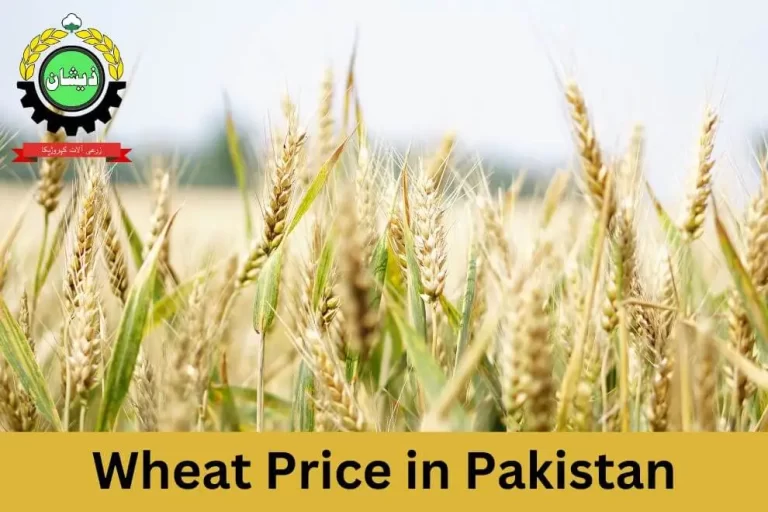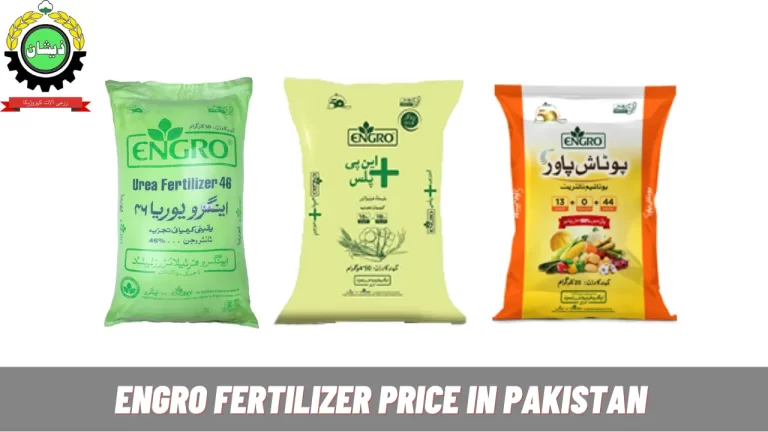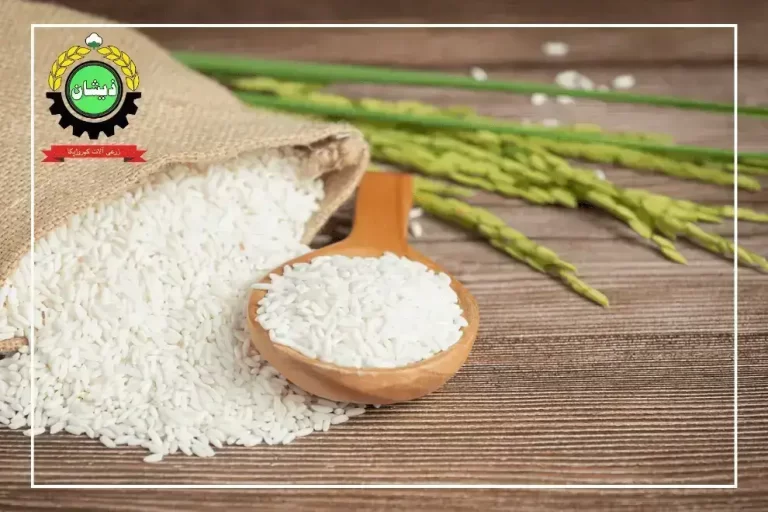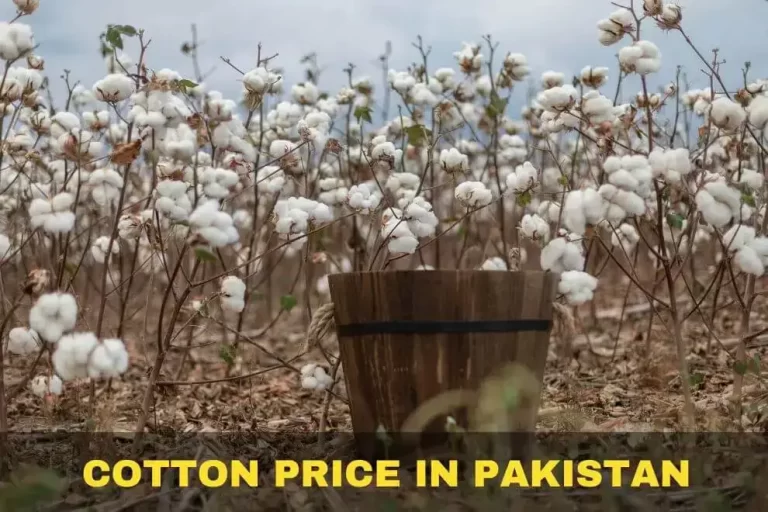Khad Rate in Pakistan Today 2026 | Fertilizers Sona DAP Price
Khad rates in Pakistan are a vital factor influencing the agriculture sector and directly impacting farmers’ production costs. Currently, the price of Sona DAP (Diammonium Phosphate) fertilizer ranges from Rs. 12,600 to Rs. 12,630 per 50 kg bag, while Sona Urea prices vary between Rs. 4,350 and Rs. 5,300 (for Sona Urea Zinc). Keeping track of these fluctuating rates is essential for farmers to effectively manage expenses and optimize crop yields. This is especially important amid ongoing challenges such as rising import costs and inconsistent gas supplies.

What is the Fertilizers Khad Rate in Pakistan?
The Khad Rate refers to the cost of fertilizer in the country. Fertilizer is a mixture of essential nutrients, including nitrogen, phosphorus, and potassium, that are added to soil to improve its quality and enhance crop growth. In Pakistan, the most commonly used fertilizers are urea, DAP (diammonium phosphate), and NPK (nitrogen, phosphorus, and potassium).
This table provides the current rates of Khad Prices:
| Fertilizer Name | Minimum Price (Rs) | Maximum Price (Rs) |
|---|---|---|
| Sona DAP | 12,600 | 12,630 |
| Sona Boron DAP | 13,100 | 13,130 |
| Engro DAP | 12,600 | 12,640 |
| Sarsabz DAP | 12,550 | 12,600 |
| FFC DAP | 12,500 | 12,580 |
| Sona Urea | 4,350 | 4,400 |
| Sona Urea Zinc | 5,250 | 5,300 |
| Engro Urea | 4,350 | 4,400 |
| Sarsabz NP | 7,600 | 7,650 |
| Zarkhez Plus | 9,700 | 9,800 |
| Sarsabz Can Gawara | 4,100 | 4,200 |
| Pak Arab Gawara | 3,800 | 3,850 |
| Zabardast Urea | 5,250 | 5,300 |
| FFC SOP | 13,700 | 13,800 |
Sona Urea Price in Pakistan Today
As of today, the price of Sona Urea in Pakistan stands at Rs. 4,350-4400. This essential agricultural input plays a crucial role in boosting crop yields and ensuring food security for the nation. Farmers heavily rely on urea fertilizers like Sona Urea to enrich the soil with nitrogen, a vital nutrient for plant growth. The fluctuations in urea prices can have a significant impact on the agricultural sector and the overall economy.
Monitoring and understanding these price changes are crucial for farmers, policymakers, and stakeholders to make informed decisions and plan effectively for sustainable agricultural development in Pakistan.
Factors Influencing Khad Rates in Pakistan
The price of Khad in Pakistan is influenced by various factors, including domestic and international supply and demand, exchange rates, taxes, and government policies. One of the primary drivers of Khad prices is the international market. Pakistan imports a significant portion of its Khad from countries like China and Saudi Arabia. Any fluctuations in the global market can impact the domestic Khad rates.
Another factor that affects Khad rates in Pakistan is the availability of domestic gas supply. Natural gas is a critical input in the production of Khad, and any changes in its supply can impact the production cost and, in turn, the final price of Khad. In addition, the government’s taxation policies, particularly the imposition of sales tax and other levies, can also influence Khad rates.
Read more about the Prices of:
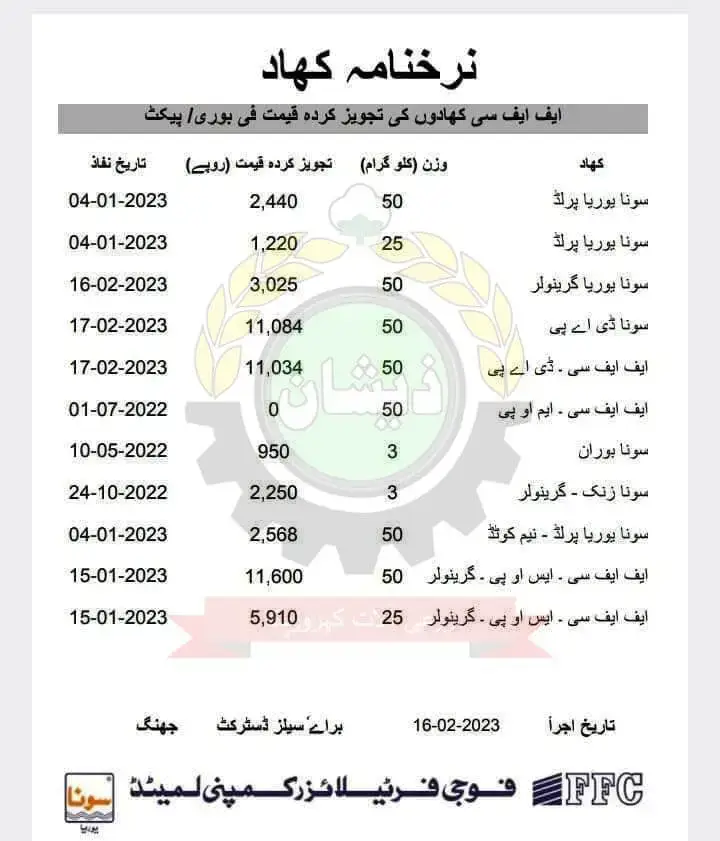
Role of Subsidies in Controlling Khad Rates
To address the issue of high Khad prices, the government of Pakistan has introduced various subsidy schemes over the years. These subsidies aim to reduce the burden of Khad prices on farmers, particularly small-scale farmers. The government provides subsidies on Khad production, transportation, and distribution to keep the prices affordable for farmers.
However, the effectiveness of these subsidies has been questioned in recent years. Critics argue that the subsidies are not reaching the intended beneficiaries, and instead, large farmers and middlemen are taking advantage of them. Moreover, the subsidies put a strain on the government’s budget, and the funds could be better utilized for other developmental purposes.
Challenges in the Fertilizer Industry
Apart from the pricing dynamics of Khad, there are several challenges faced by the fertilizer industry in Pakistan. One of the most significant challenges is the lack of investment in research and development. Pakistan’s fertilizer industry heavily relies on imported technology and expertise, which limits its ability to innovate and develop new products.
Another challenge faced by the fertilizer industry is the lack of a level playing field. The government’s policies and subsidies favor certain fertilizer manufacturers over others, leading to unfair competition and monopolies. Moreover, the lack of transparency in the Khad pricing mechanism and distribution channels has created opportunities for corruption and rent-seeking.
What is Sona Dap and Why is it Important?
Sona Dap is a fertilizer that contains Sulphur and Di-ammonium Phosphate (DAP). It is an essential fertilizer that provides the necessary nutrients to crops for their growth and yield. It is especially important for crops like wheat, rice, maize, and cotton, which require high amounts of nitrogen and phosphorus.
Benefits of Using Sona Dap
There are several benefits of using Sona Dap in crop cultivation. Some of them include:
- Increased Yield: Sona Dap provides the necessary nutrients to crops, which leads to an increase in their yield.
- Enhanced Crop Quality: Sona Dap enhances the quality of crops, making them healthier and more resistant to diseases.
- Improved Soil Fertility: Sona Dap improves soil fertility by adding essential nutrients to the soil.
- Cost-Effective: Sona Dap is a cost-effective fertilizer that provides good value for money.
Sona Dap Price in Pakistan Today 2026
The price of Sona Dap in Pakistan varies depending on several factors such as the quality, quantity, and location of the product. The current market price of Sona Dap in Pakistan is around PKR 12,600 to PKR. 12,630 per bag of 50kg. However, the price may fluctuate depending on the demand and supply of the product in the market.
How to Use Sona Dap?
Sona Dap should be used in the following manner:
- Apply Sona Dap before sowing the seeds or during the early growth stage of the crops.
- Mix Sona Dap with the soil before planting the seeds.
- The recommended dose of Sona Dap is 125-150 kg per acre of land.
- Use Sona Dap along with other fertilizers for better results.
How to Check Khad Rate in Pakistan?
Farmers and other individuals interested in checking the Khad Rate in Pakistan can do so through various means. One of the most common ways is to visit the website of the Ministry of National Food Security and Research, which regularly updates the Fertilizers Price for different types of fertilizer.
Final Thoughts
In conclusion, Khad rates have a major impact on agriculture in Pakistan. The high costs of Khad have created challenges for farmers, who are already facing difficulties due to low crop yields and climate change. The fluctuating Khad rates have made it difficult for farmers to access Khad and obtain credit. The government has taken steps to alleviate this burden, including subsidies and monitoring systems. However, further action is necessary to support farmers and achieve sustainable agriculture.
Frequently Asked Questions (FAQs)
A: Urea is the most commonly used fertilizer in Pakistan, accounting for almost 70% of total fertilizer consumption.
A: Since the agriculture sector is a significant contributor to Pakistan’s GDP, any fluctuations in the Khad Rate in Pakistan can have far-reaching implications for the economy.
A: Affordable Khad Rates can help farmers reduce their production costs and increase their profits. By using high-quality fertilizer, farmers can also improve the quality and yield of their crops, which can lead to better prices and more significant returns.
A: Yes, there are some alternative sources of fertilizer available in Pakistan, such as organic and bio-fertilizers. These options are gaining popularity among farmers who are looking for more sustainable and environmentally friendly alternatives to traditional fertilizers.

